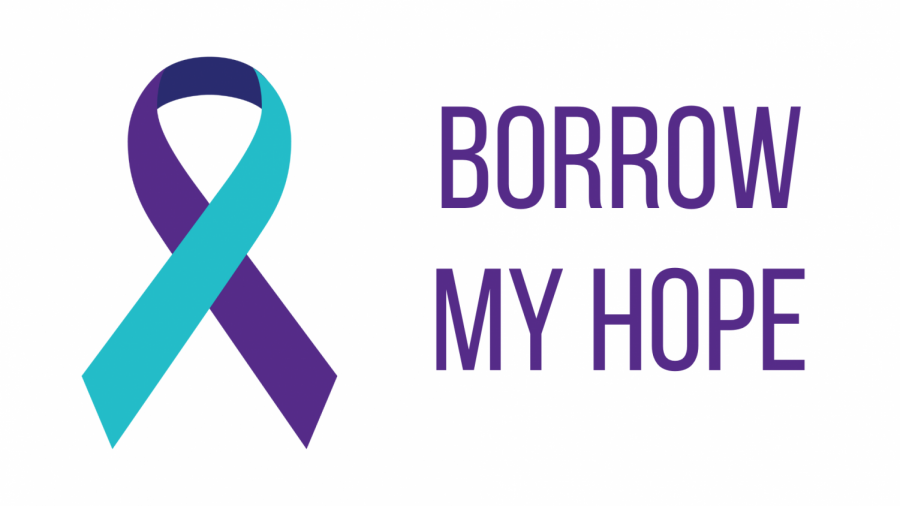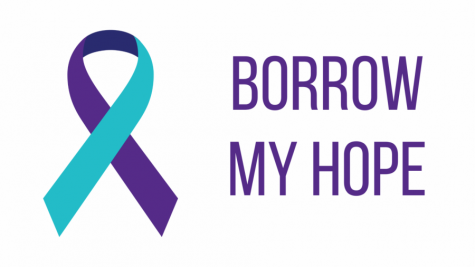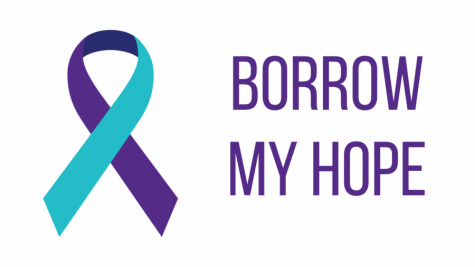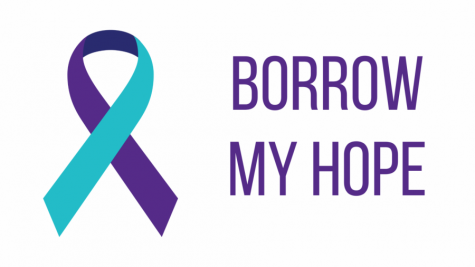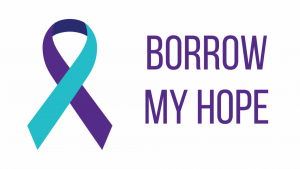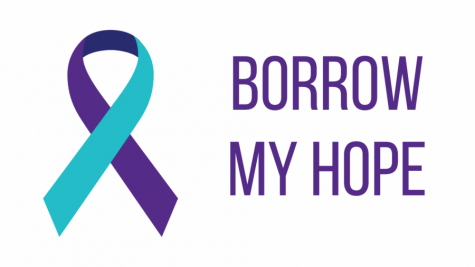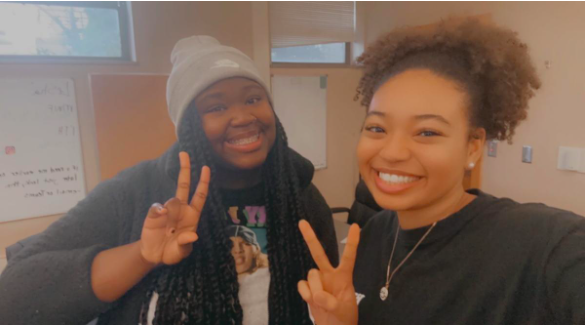Borrow my hope: Suicide’s taboo consequences
The teal-and-purple ribbon commemorates lives lost to suicide.
In my most recent newsletter, I discussed why society tends to make a taboo out of suicide awareness.
Today, I want to talk about the effects that that taboo has.
It’s easy to internalize the messages society presents about suicide. Messages like “Don’t reach out for help. It’s best to keep things quiet,” and “You’re weak for even considering suicide,” or even, “There’s something wrong / broken with you if you think about suicide.”
We’re bombarded with them, often on an implicit level, from a variety of sources. For instance, no one ever told me straight-up “Don’t reach out for help,” but that didn’t mean it took me more than a year before I told anyone about my depression and suicidal thoughts.
Some people never tell anyone because the stigma is overbearing.
From these messages, it’s hard to reach out for help. Discussing suicide seems shameful at best and impossible at worst. The heartbreaking thing is, it’s a conversation that could save a life.
I’m scared of the judgment. I’m scared that I won’t get any support. I’m scared that people won’t want to even listen to me or else tell me that I need to think of the impact that my actions will have (aka saying that I’m being selfish). I’m scared of being pushed away. Even when I was in a mental health hospital earlier this year, I was worried about telling other patients or staff members what I was going through. I wouldn’t be surprised if these fears were shared by many other people dealing with suicidal thoughts.
The stigma is that powerful.
Isn’t it past time for people to stop suffering in silence?
Unfortunately, it’s even more of an uphill battle when the stigma against talking about suicide includes a harmful belief that reaching out to someone about suicide will plant the idea of suicide in their minds, as NAMI mentions on their blog. I have no idea where this “power of suggestion” myth came from, but what I do know is that it needs to end immediately.
Yes, society is slowly shifting towards an overall message of “it’s okay to not be okay,” I’m grateful for that. But are we truly ready for the hard conversations with our loved ones when they tell us they’re not just “not okay,” but are actually suicidal?
Time will tell. If we keep letting the background noises of stigma damage our listening capabilities for those that are suffering, though, it will take a long time.
Your donation will support the student journalists of Washburn University. Your contribution will allow us to purchase equipment and cover our annual website hosting costs.




